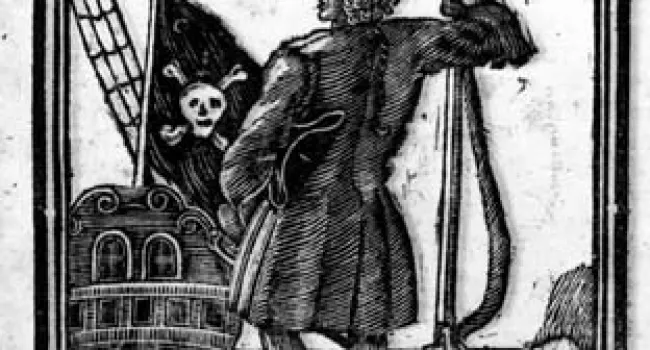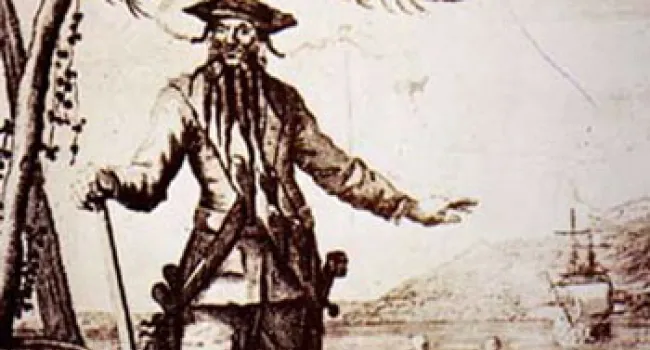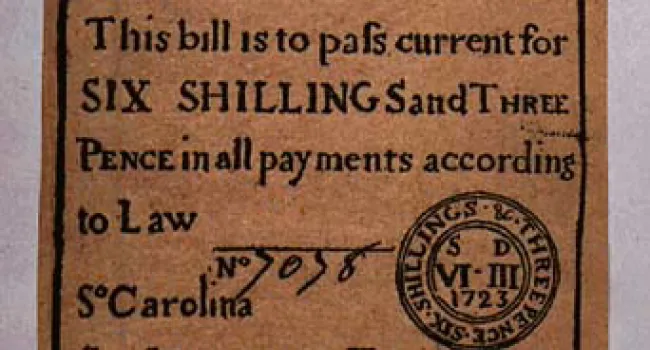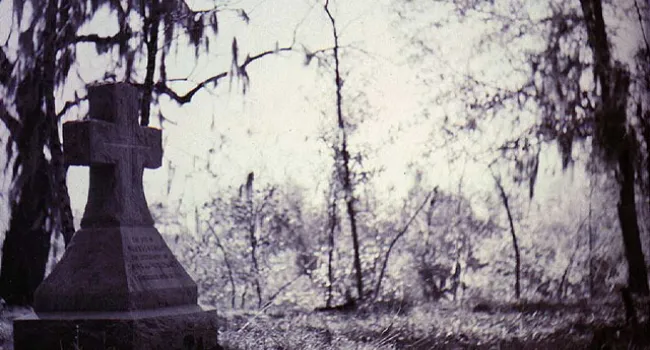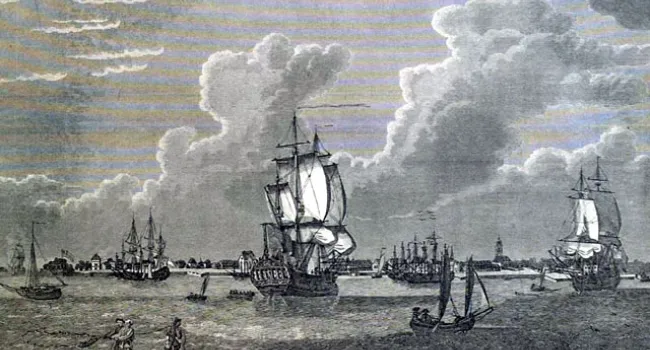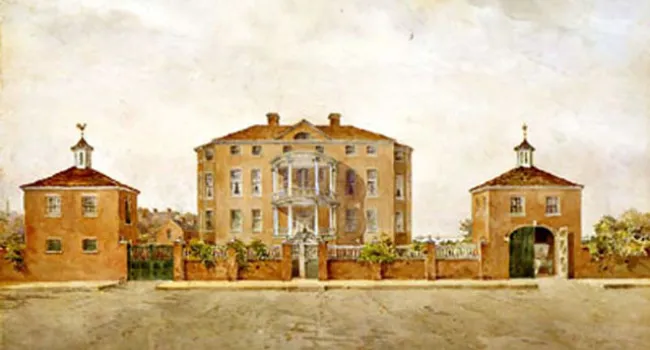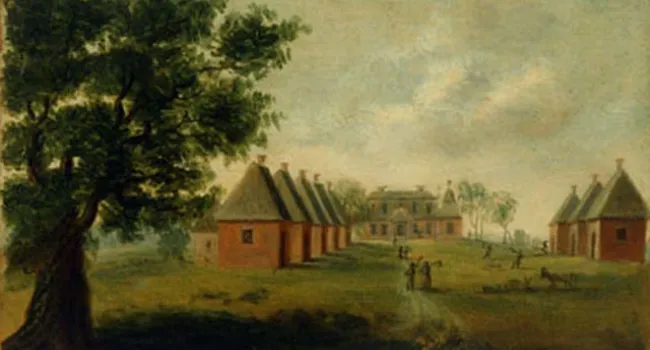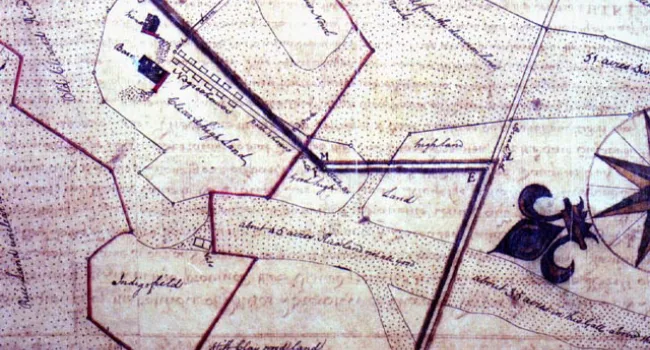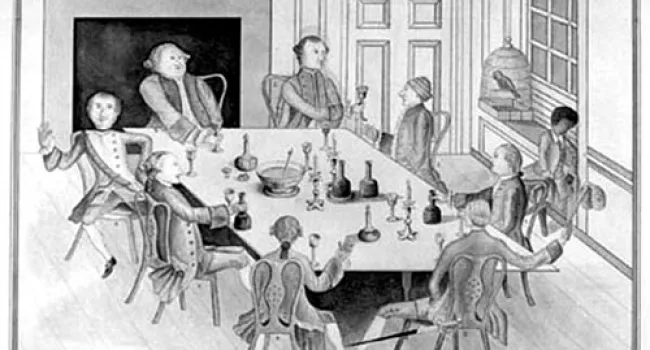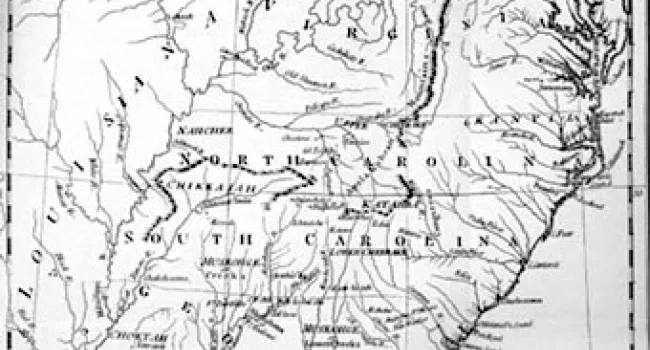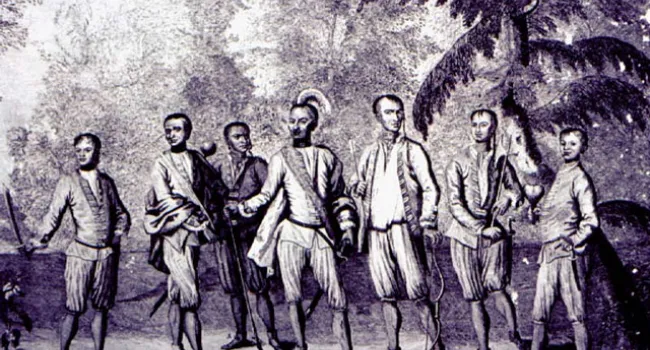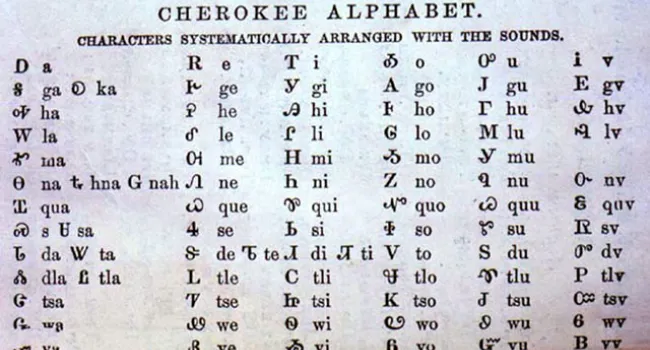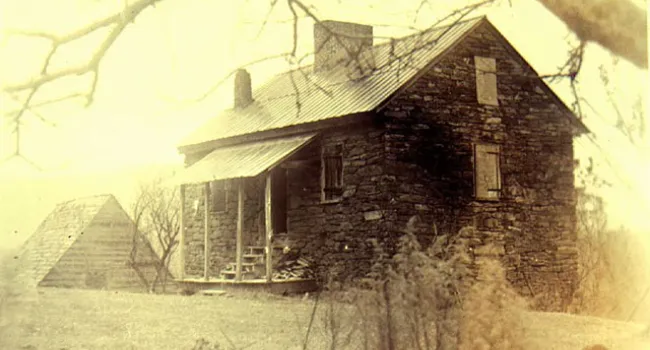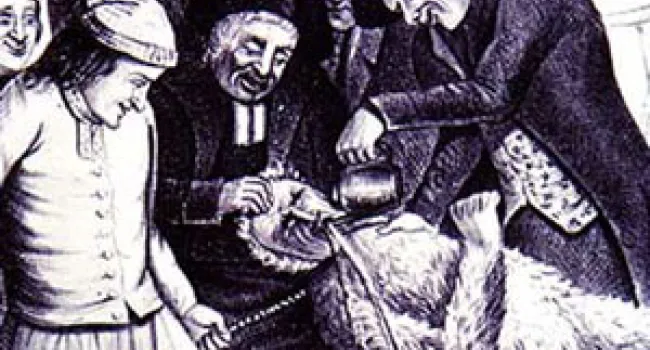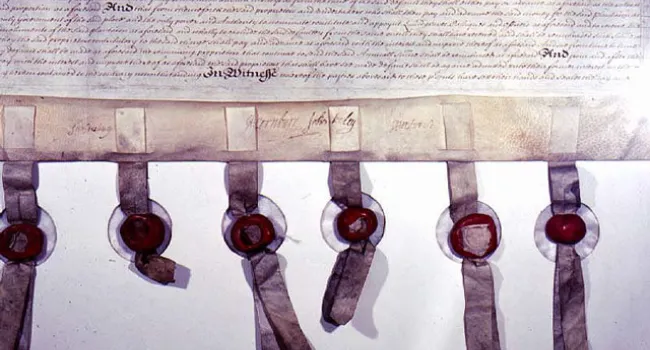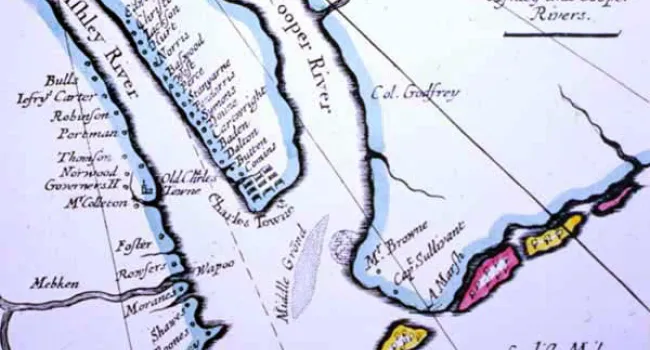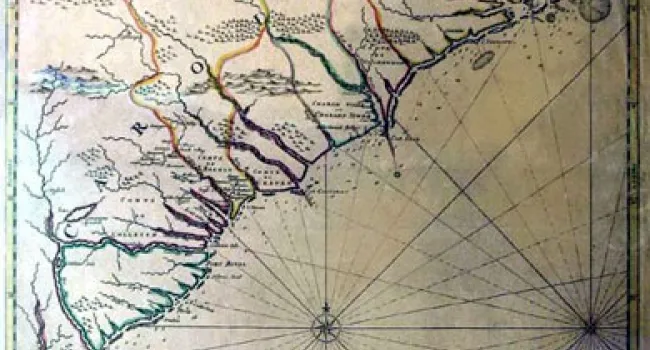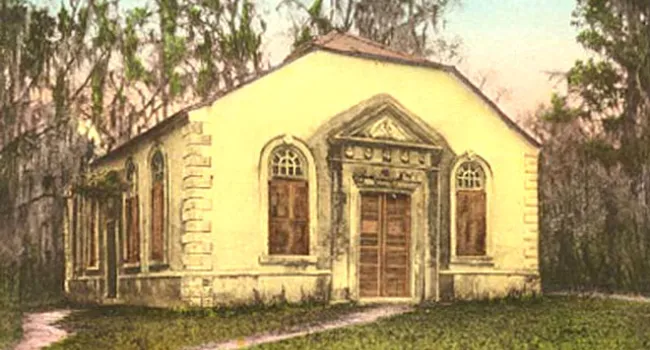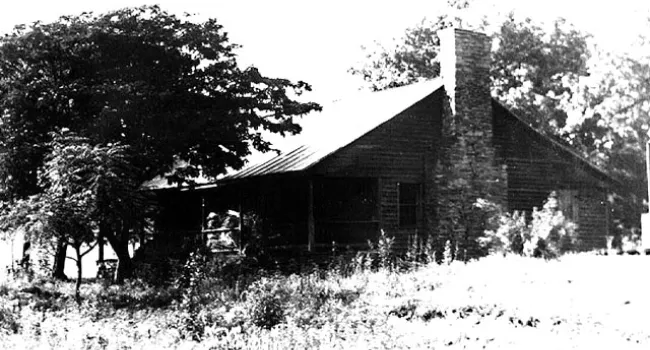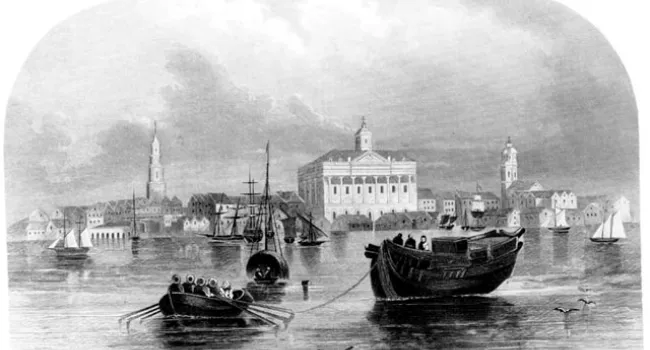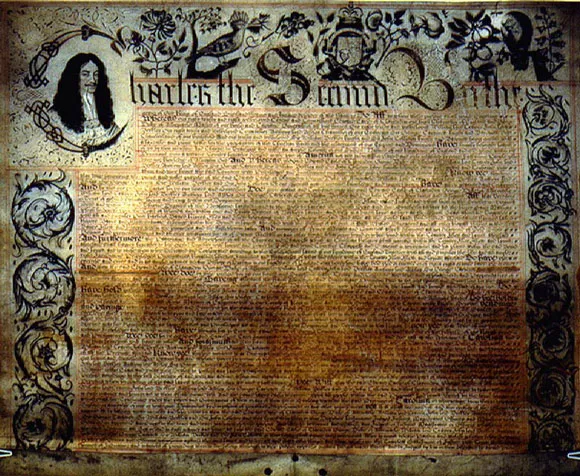
Although it was the Englishman Sir Francis Drake whose raids persuaded the Spanish to abandon Santa Elena and concentrate on defending St. Augustine in 1587, it was nearly a century before the English themselves would plant a permanent colony in South Carolina. In part, this was because the Protestant revolt that had led French explorer Jean Ribaut and the French Huguenots to settle in Carolina also caused political turmoil in England. The bloody Puritan Civil War from 1640-1660 delayed English expansion in the New World after initial successes in establishing colonies in New England and the Chesapeake. Charles II (see King Charles II), restored to his father's throne in 1660, rewarded a powerful group of his supporters by giving them a proprietary grant to found a colony in the area south of Virginia that included all of present day North and South Carolina. This is the first page of the charter granted in 1663 to Edward Hyde, Earl of Clarendon; George Monck, Duke of Albemarle (see George Monck); William, Earl of Craven (see William, First Earl Of Craven); Lord John Berkeley; Sir William Berkeley (John's brother); Sir John Colleton; Sir George Carteret (see Sir George Carteret); and Lord Anthony Ashley Cooper, later first Earl of Shaftesbury (see Anthony Ashley Cooper).
Courtesy of the North Carolina Division of Archives and History, Raleigh.
Standards
- 4.1.CE Identify the effects of changing economic systems on the diverse populations in British North America.
- 4.1.P Explain the development of political institutions and social characteristics that defined the British colonial regions.
- This indicator was developed to encourage inquiry into how the three British colonial regions developed in terms of their culture, economies, geography, and labor. The indicator was also developed to encourage inquiry into the unique story of the development of South Carolina.
- 8.1.CE Analyze the factors that contributed to the development of South Carolina’s economic system and the subsequent impacts on different populations within the colony.
